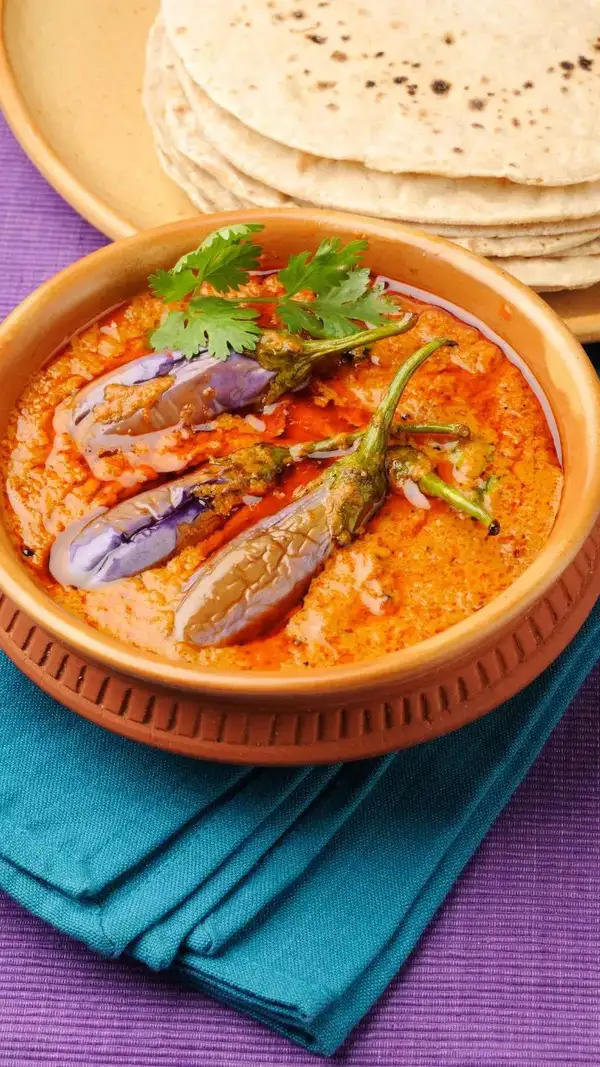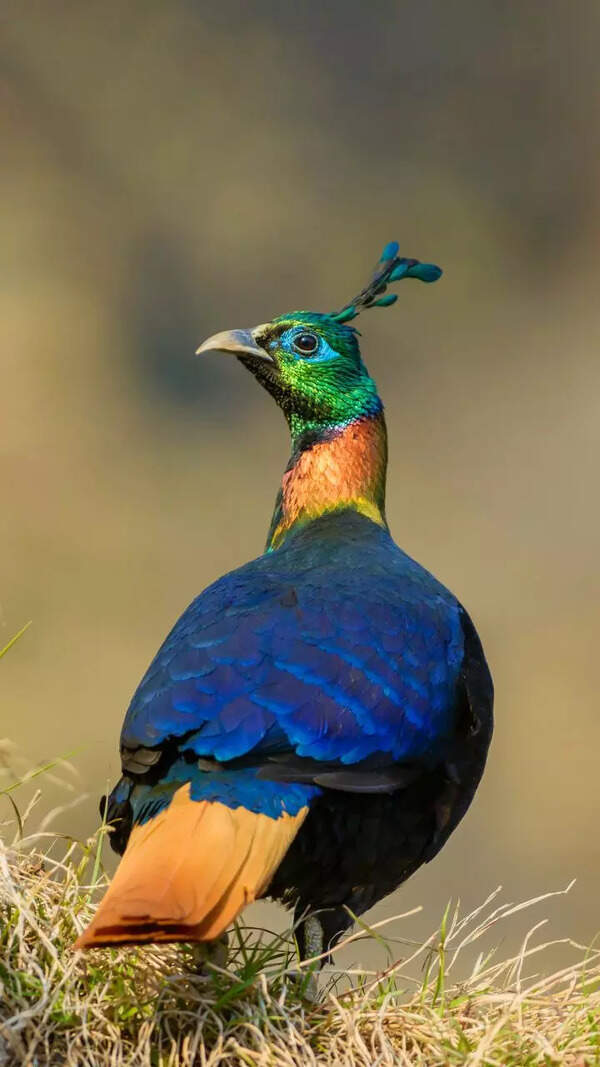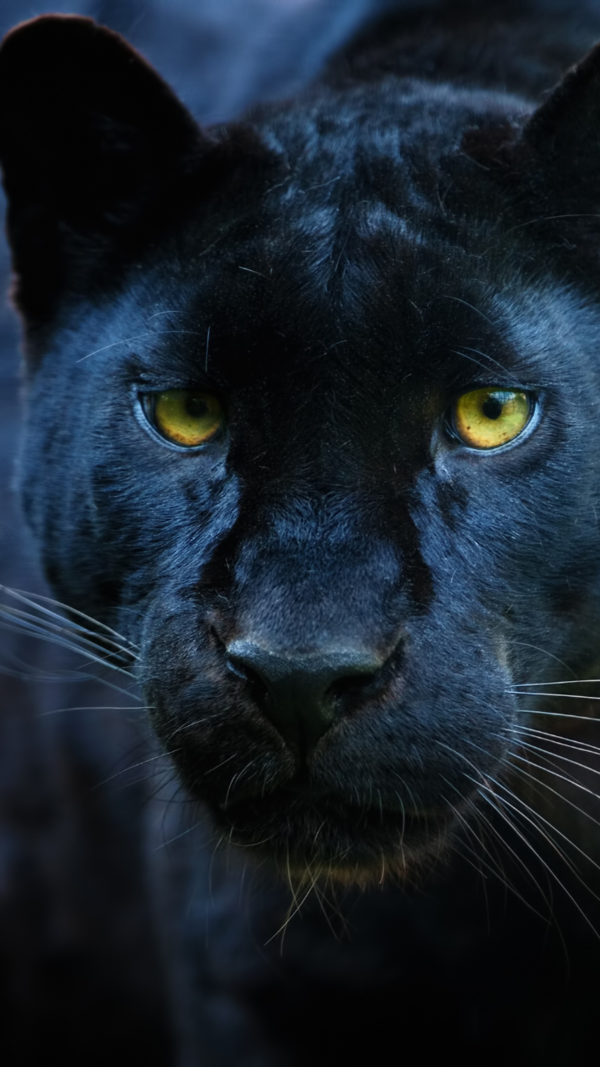- News
- entertainment
- hindi
- bollywood
- 'Hum filmein banate hain peace ke liye, lekin Pakistan peace maanta kahan hai'
Trending
'Hum filmein banate hain peace ke liye, lekin Pakistan peace maanta kahan hai'
In the aftermath of the terror attack in Kashmir, we speak to Anil Sharma, the OG of Indo-Pak conflict narration in films, to share his views on the on screen depiction of this conflict over the years
"Sab ne apne-apne tareeqe se bataya hai India aur Pakistan ka conflict. Yashji had his take, Border showed it in a different way. When we made Gadar, we wanted to say, ‘mohabbat hi sab kuch hoti hai,’” shares director Anil Sharma. In the aftermath of the Pahalgam attack, the veteran filmmaker, who is also one of the original voices of the Indo-Pak conflict on screen, shares his take on how the subject has been portrayed in cinema over the years.
In 2001, when Gadar was released, the country’s war wounds from Kargil were still fresh. Though the film was set during Partition, Sunny Deol’s iconic handpump scene and his one-man assault against those keeping his wife and child from him struck a powerful chord across the country
‘Made Gadar with the perspective of humanity’
Through his films, Anil Sharma tried to talk about the power of humanity in the face of conflict. He says, “More than 10 lakh people lost their lives during the partition – one of the greatest tragedies the world has ever witnessed. We asked ourselves, ‘When the people on both sides of the border were so alike, what was the need to create two nations?’ Most of the Muslims living in India at that time could trace their ancestry, in some way or another, back to Hindus. There was a deep sense of brotherhood. It is also true that it was said at the time that Hindus living in Pakistan will continue to live there and Muslims living in Hindustan will continue to live there. Then why did it happen that those summons came, like we showed in Gadar, that Hindus living in Pakistan must leave their homes? Why did that violence happen? It was all because of the game of power and religion – the game that kills humanity. That’s what we tried to show in Gadar. We made the film with this perspective – tread the path of humanity.”

Uri: The Surgical Strike (2019) depicted the surgical strikes carried out in response to the 2016 Uri attack. However, the film gained renewed attention after the Pulwama attack, which took place a month after its release , as national security became a dominant subject of interest
‘Uri showed that aakrosh hai janta mein’
In Uri, the sentiments are very different from that of a Veer-Zaara. “If (Pakistan) comes to our home and kills us, like they killed a few days back in Pahalgam, toh hum kya karenge? Hum bhi ja ke ghuss ke maarenge. Aakrosh hai janta mein – Uri showed that. I showed the same long back in my film Tahalka (1992),” says the director.
‘If we have to improve our relations, we have to think of humanity’
Talking about the attack on tourists, the director adds, “What happened in Pahalgam – why did it happen? Naam puchh-puchh ke maara – matlab kya hai iska? Aur kyun maara pehle toh? Aap ye phailana chahte hain ki Hindu-Muslim mein jhagde ho? Aur ye unki political thinking hai, unke political achievements hain, woh poore ho? Hindustan aur Pakistan ke rishton ke baare mein baat ye hai ki ek baar dono deshon ki awaam soche – politicians toh politics karte rahenge, woh badlenge nahi. Ek baar sab log soche ki hum chalein insaaniyat ke raaste par. As long as we are alive, we must spread love and peace, and that is what can improve Indo-Pak relations.”
He adds, “Consider this : we are spending billions on weapons made by foreign countries and growing poorer by the day. How does that help us? If we have to improve our relations, then we have to think of humanity. I have always made films with that purpose.”

Veer-Zaara (2004) took a very different, softer approach to Indo-Pak relations compared to most films. Instead of focusing on conflict, it told a love story that transcended borders
‘Yashji’s Veer-Zaara was a reminder Aap mohabbat ke raaste chalein’
Our films have often captured the ebb and flow of the relations between the two countries. Sharma says, “How Yashji depicted Indo-Pak conflict in Veer-Zaara was beautiful. Having survived the partition, he brought a mature perspective that was beautifully reflected in Veer-Zaara. It was a coherent, heartfelt reminder – ‘Aap mohabbat ke raaste chalein.’ ”
‘We never attack first. But there is a limit to our tolerance’
For those who have lost their loved ones to conflict, there can be no “anti” or “pro” Pakistan film. Hum film banate hain peace ke liye, lekin ye (Pakistan) peace maante kahan hain?,” says Sharma, adding, “Our films are out there for the world to see what really happens. India has always been a peaceful country. We never attack first. But there is a limit to our tolerance. Whenever they attack – we give them a fitting reply. They started the Kargil war, they started the 1965 war, Pulwama, the Parliament attack – and now Pahalgam too. Whenever India reacts to their violence, provocation, or war, we make films that show how peace is possible – but only when the truth is faced.”
The director adds that our films are 100 per cent realistic. “We haven’t portrayed all of Pakistan in a negative light. Several Pakistani char acters in Gadar 1 and Gadar 2 were genuine and came from a place of understanding. Hum awaam ko positive dikhane ki koshish karte hain. Awaam ko kabhi negative nahi dikhate. Hum dikhate hain politicans ko negative, jo satya hai. I believe common people in every country are inherently good. Awaam bechari ko kya chahiye? Awaam ko toh keval roti chahiye khaane ko,” he says.
End of Article
Follow Us On Social Media
Visual Stories
Tired of too many ads?go ad free now









